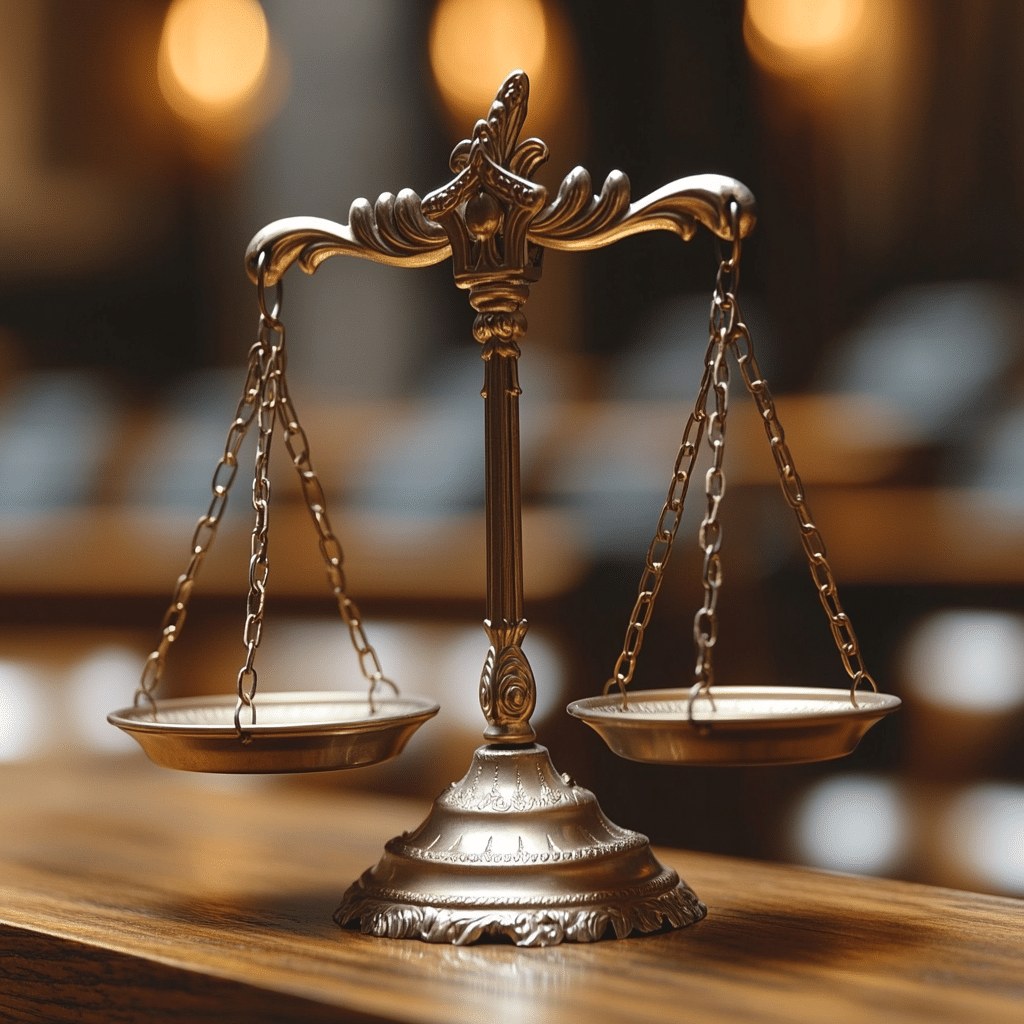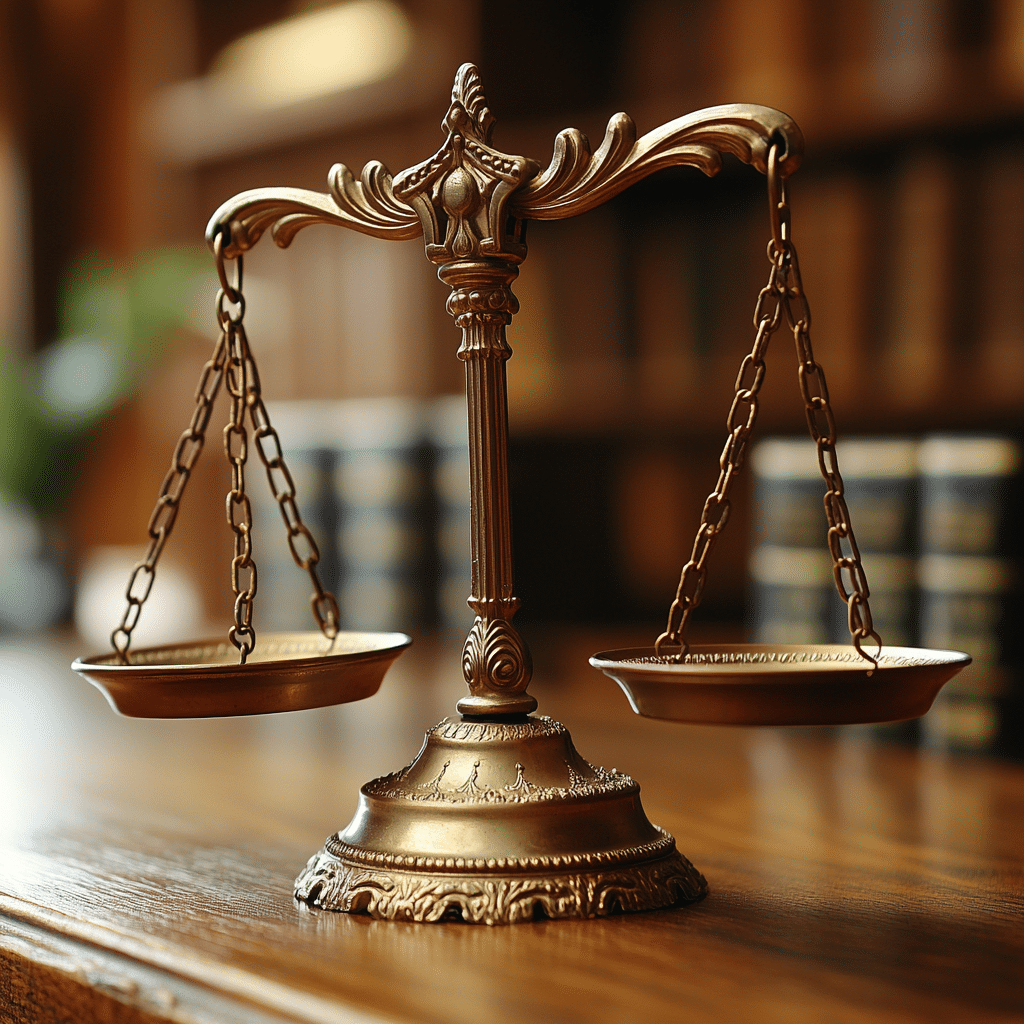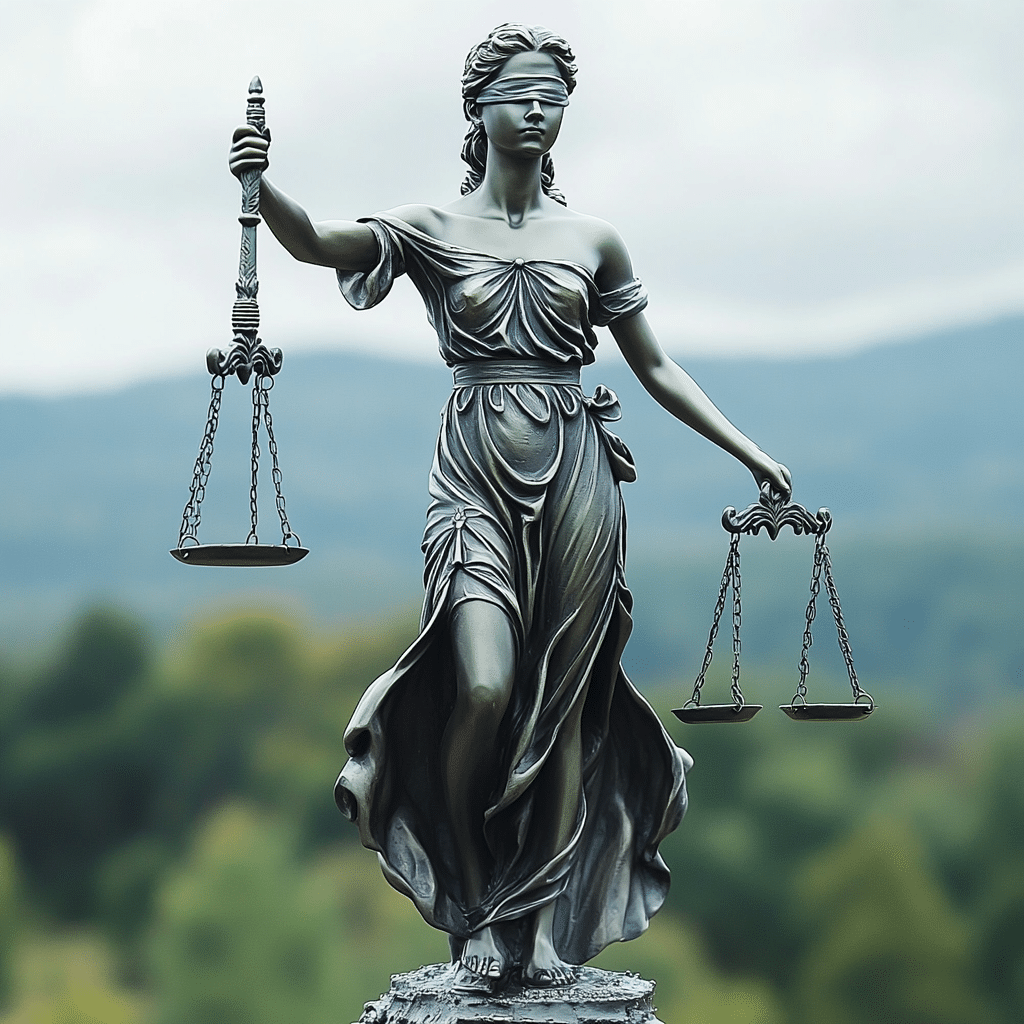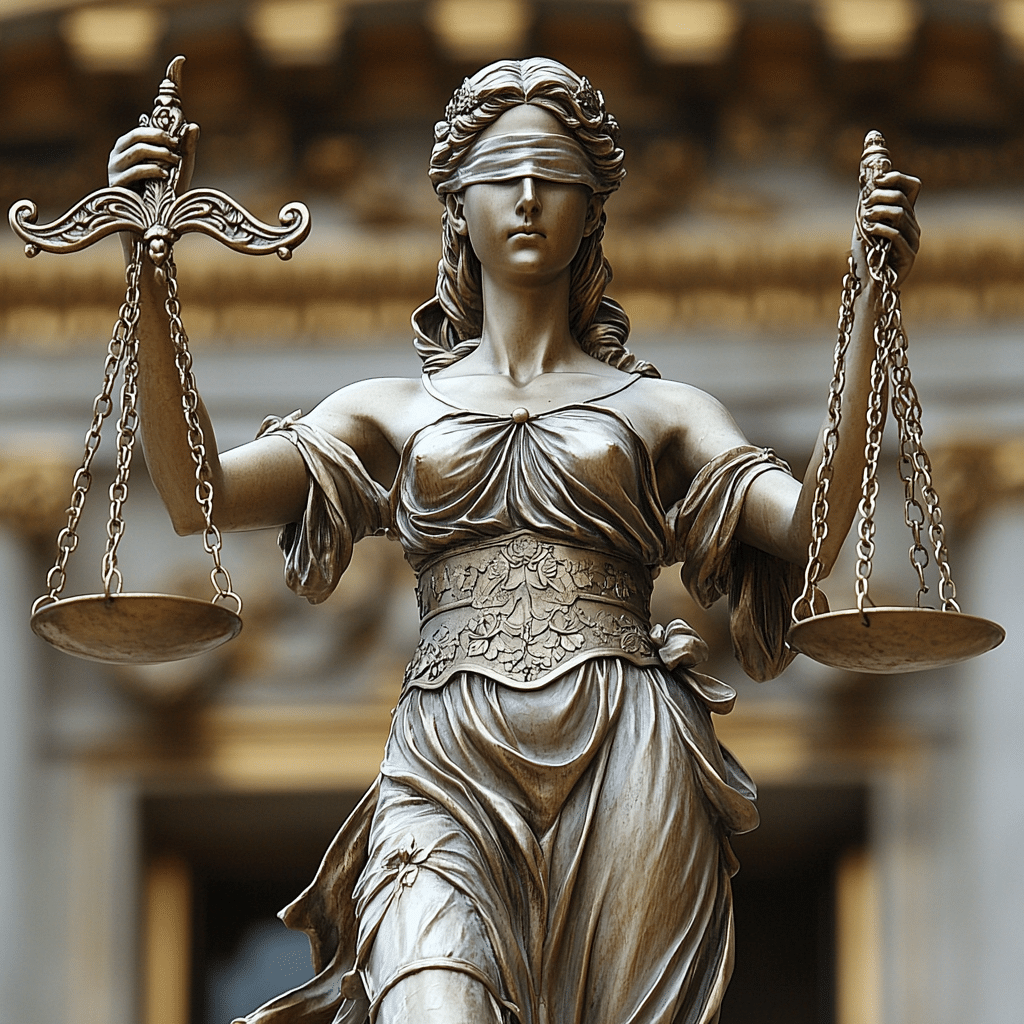Legal and ethical issues are more relevant now than ever. In 2024, the landscape of these issues has become a maze, affecting various sectors, including healthcare, technology, and even our communities. For many parents, especially those who have witnessed their children struggle with addiction, these issues resonate on a deeply personal level. Understanding these dilemmas is crucial as they intersect with the journey of recovery and the quest for justice for families battling the implications of addiction.
It’s essential to recognize that legal and ethical issues are intertwined yet distinct. Legality refers to what is permissible by law, while ethics involves moral principles that guide behavior. Actions can be legal but questionable in moral terms. For instance, some treatment options may comply with regulations yet fail to align with best ethical practices. It’s this nexus between law and morality that poses challenges for families facing addiction, inviting reflection and conversation.
In a world that’s constantly changing, knowing your rights and ethical standards is vital. This understanding empowers families to not only navigate challenges but also advocate for necessary changes. But where do we begin? Let’s dive into some of the pressing legal and ethical issues that every parent should be aware of.
Top 7 Legal and Ethical Issues You Need to Know

1. Data Privacy and Security
The explosion of digital technology has brought about significant legal and ethical issues surrounding data privacy. In recent years, companies like Facebook and Google have faced backlash for mishandling personal information. The General Data Protection Regulation (GDPR) and the California Consumer Privacy Act (CCPA) signify the growing demand for transparency and user consent in how personal data is collected and used. Parents need to be aware of these regulations, especially when it comes to their children’s online behavior.
2. Criminal Justice Reform
The conversation around criminal justice reform has gained momentum in 2024, particularly concerning how individuals with addiction are treated in the legal system. Organizations like the American Civil Liberties Union (ACLU) are at the forefront, advocating for fairness in policing practices and sentencing. As parents, understanding how the system operates can uncover the biases that exist and highlight the need for reform. The treatment of addiction within the justice system requires a delicate balance of accountability and compassion.
3. Healthcare Access and Equity
Healthcare access remains one of the burning legal and ethical issues impacting families affected by addiction. During the global health crisis, many healthcare systems have grappled with difficult decisions regarding resource allocation. The unique challenge is ensuring that vulnerable populations receive equitable healthcare and addiction treatment options. As families, pushing for policies that promote healthcare access is critical in advocating for your loved ones.
4. Artificial Intelligence and Bias
Artificial intelligence (AI) is revolutionizing industries, yet its ethical implications cannot be overlooked. Biased algorithms in technology can have real-world effects, especially for marginalized communities. For instance, issues within facial recognition technologies have raised alarms about their disproportionate accuracy rates with people of color. Being informed about these biases can help parents advocate for ethical standards and hold companies accountable for their products.
5. Environmental Responsibility
As awareness about climate change grows, companies are increasingly expected to adhere to ethical and legal standards regarding their environmental impact. The backlash against companies like ExxonMobil, which has faced criticism for climate change denial, illustrates the legal ramifications of negligence. Environmental issues intersect with public health as the associated pollutants can aggravate addiction. Understanding this connection can help parents advocate for both environmental and community health policies that protect their families.
6. Intellectual Property and Innovation
The tech world’s struggles with intellectual property laws raise various legal and ethical questions. Companies such as Apple and Epic Games highlight ongoing disputes regarding fairness in market access. These legal battles can stifle innovation, affecting industries that provide support for addiction treatment and recovery. Parents should take note of how these issues can impact the resources available to aid their children and enhance recovery options.
7. Workplace Discrimination and Harassment
The #MeToo movement has opened up conversations about workplace ethics, specifically regarding discrimination and harassment. Companies that fail to address these issues not only face legal consequences but also ethical outrage from the public. For families dealing with addiction, workplace cultures can significantly influence an individual’s recovery journey. It’s essential to promote safe and inclusive environments where everyone has equal opportunities.

Navigating the Complexities of Legal and Ethical Issues
Engaging with these legal and ethical challenges requires action from organizations, policymakers, and individuals alike. Many families feel overwhelmed or uncertain about their rights, which can lead to frustration and feelings of helplessness. One proactive step families can take is to advocate for ethical treatment options for addiction by understanding the Ethical Considerations in addiction treatment. Educational programs and community support groups can guide individuals on how to navigate these muddy waters.
Moreover, understanding your Parental Rights in addiction opens doors to meaningful conversations with healthcare providers and legal representatives. Being proactive in your loved one’s treatment can prevent miscommunication and ensure ethical standards are met. Parents should feel empowered to ask questions and challenge practices that seem unjust or unethical as part of their child’s recovery journey.
In summary, recognizing and addressing legal and ethical issues isn’t merely about compliance; it plays a vital role in creating a fairer society. As you face the complexities between legality and ethics, remember that you’re not alone. There are resources available that can offer support, such as Building a better life with existing programs aimed at helping parents like you navigate the challenges brought on by addiction.
So, as we move forward into 2024 and beyond, let’s engage in these discussions with clarity and determination. Together, we can confront legal and ethical issues that touch our lives and ensure families are equipped for success.
Legal and Ethical Issues That Demand Your Attention
Weaving Through Legal and Ethical Issues
Understanding the intricacies of Legal and Ethical Issues can feel like peeling an onion—layer by layer, the deeper you go, the more complex it gets. For instance, the fluctuations in mortgage rates by year can dramatically influence how families approach homeownership in times of economic uncertainty. Did you know that the average mortgage rate in the 1980s was over 12%? It’s a stark reminder for parents in crisis that financial health greatly affects overall well-being. Keeping an eye on these rates might just save a family from added stress during tough times.
The Gray Areas of Ethical Considerations
Now, let’s dive into the ethical side of things. Ever heard of a ball joint press? Just like this handy tool is used to get intricate jobs done in automotive repair, the right ethical considerations can help navigate tricky situations in life, especially for parents coping with addiction issues. Ensuring that certain actions promote fairness and integrity is crucial. Parents often find themselves questioning whether the punitive methods of discipline are more damaging than beneficial. Such ethical conflicts can become as complicated as handling high property taxes in Florida—sometimes you need a clear guide to break it all down!
Shifts in Perspectives
Finally, let’s talk about the shifts in perspectives around addiction. Just like the diverse cast of Austin and Ally, each family has its unique story. Society’s viewpoint on addiction has evolved significantly, but the stark realities remain. Just like the debate over making processes faster, better, and cheaper in various industries, we need a similar approach in addressing Legal and Ethical Issues surrounding addiction. The more we understand these challenges, the closer we come to supporting suffering families and preventing further loss. The journey of understanding is never simple, but together, we can illuminate the path forward.

What are ethical and legal issues?
Ethical issues are about what’s considered right and wrong in people’s behavior, while legal issues are about following the laws set by society. Basically, ethics focuses on individual conscience, and legality focuses on community rules.
What is legal and ethical example?
A good example of something legal but not ethical is animal testing for cosmetics. While it’s legally permitted in many places, many folks argue that it’s not ethical to harm animals for beauty products.
What are examples of ethical issues?
Common ethical issues pop up in workplaces, like discrimination, harassment, or favoritism. These issues can really affect how well a place runs and how employees feel.
What is the relationship between legal and ethical issues?
The relationship between legal and ethical issues is tricky. Just because something is legal doesn’t mean it’s ethical, and vice versa. Laws can only enforce certain behaviors, not morally correct actions.
What is a legal issue?
A legal issue arises when someone may not be adhering to the laws of their community, state, or country. It usually means there might be some kind of disputes or challenges that need resolving through the legal system.
What is an example of legal but unethical?
An example of something that’s legal but seen as unethical could be executives receiving huge bonuses while a company’s workers are being laid off. It’s within the law, but many question the morality of it.
What is an ethical example?
An ethical example could be someone who stands up against bullying at work, promoting kindness and respect among colleagues. They’re doing the right thing, even if it might not be required by law.
Can something be legal and ethical?
Absolutely! It’s possible for something to be both legal and ethical, like donating to charity or volunteering your time to help others. Those actions align with both societal laws and moral values.
What is meant by ethical issues?
Ethical issues usually refer to situations where there’s conflict over right and wrong behavior, such as whether to tell the truth in a difficult situation. It’s all about navigating moral dilemmas.
What are the four 4 ethical issues?
The four main ethical issues include discrimination, harassment, integrity, and safety. These areas cover a lot of ground regarding how individuals are treated and how they should act.
What are the 3 basic types of ethical issues?
The basic types of ethical issues often include honesty, fairness, respect, and responsibility. These principles guide how people should interact and make decisions.
What are the six ethical issues?
Six common ethical issues are discrimination, harassment, ethical accounting practices, health and safety concerns, data privacy, and nepotism. They’re all vital to know about, especially in workplace settings.
What are the legal and ethical issues?
Legal issues and ethical issues can overlap, especially when laws reflect societal values. However, they’re not the same since legality focuses on rules enforced by the government, while ethics is about personal and shared values.
What is an example of ethical and legal?
An instance of both ethical and legal behavior would be a business that promotes fair labor practices while following labor laws. They’re doing right by employees and staying compliant with regulations.
How to show ethical behavior?
To show ethical behavior, it’s important to practice honesty, treat others with respect, follow through on commitments, and be fair in your dealings. Actions speak louder than words!
What are ethical legal and social issues?
Ethical, legal, and social issues intertwine, especially in areas like healthcare or technology. They often involve navigating moral dilemmas while complying with laws and considering societal impacts.
What is the difference between ethical and legal issues in business?
In business, ethical issues often center on honesty, fair treatment, and responsibility to stakeholders, while legal issues focus on adhering to laws and regulations. It’s essential to balance both for long-term success.
What are examples of ethical issues in court?
Examples of ethical issues in court include jury tampering or conflict of interest for lawyers. These actions undermine the integrity of the judicial process and are considered unethical even if not always legally punishable.
What are legal and ethical issues in computing?
In computing, legal and ethical issues can include data privacy, intellectual property rights, and cyberbullying. It’s crucial for tech professionals to navigate both legal requirements and ethical responsibilities in their work.




























